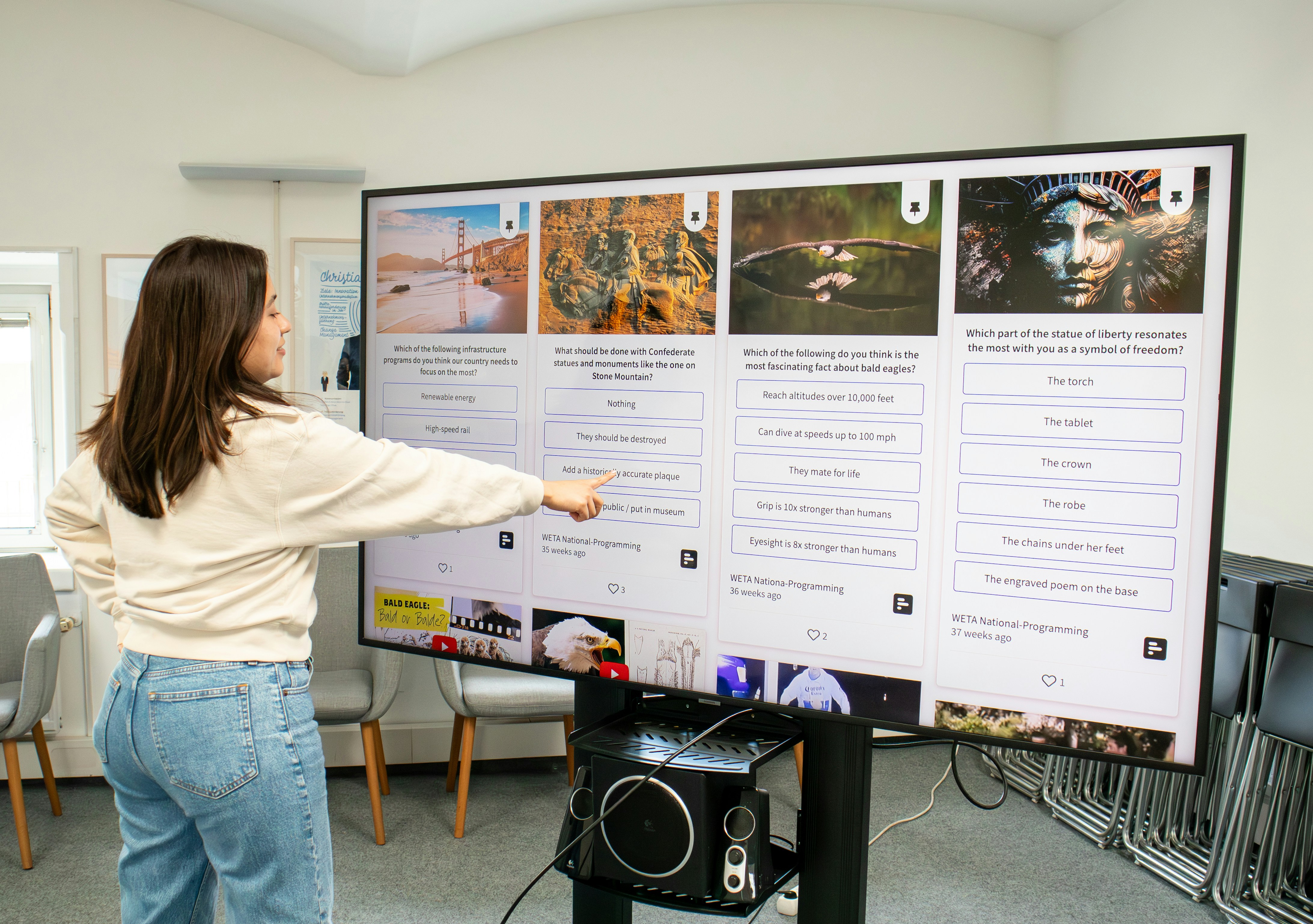Sustainable growth is one of the EU’s main concerns and fundamental objective for the following years. With a budget of 70 billion Euro for the upcoming financial framework, the Union is indeed committed to not just restart the continent’s economy but to do it in a safe and sustainable manner.
With this aim in mind, AIDA (http://www.aidaproject.eu/) is a project which seeks to make the most of EU funding opportunities by promoting nZEB - nearly zero energy building, a technology which combines smart buildings with renewable energy sources. In order to bring together the demand and supply side of the industry, AIDA targets municipality officials as well as building professionals and architects from seven EU countries. The actions are designed to suit all those involved; AIDA organizes study tours, presentations of existing tools and success stories and offers active support for stake holders to work together. Basically, the key point is to have our target group to set a positive example to their clients and communities.
So, on paper we have the perfect project: we’ve got a brilliant idea based on sound and moral investment and we also have a European Union which wants to give us money to put it into practice. So what could possibly go wrong?
Our mid-term meeting this week found us behind with numbers. In spite of our best and persistent efforts to contact municipalities and engage them in our project, the response we’ve got so far is close to zero. Why? Well, here we go into the long discussion on the East-West divide in Europe.
As a project manager, my opinion is that our biggest obstacle is mentality. Despite the availability of a very generous EU budget, municipalities in Hungary remain reluctant to engage in forward-looking projects. From the approximately 30 emails and invitations we have sent to mayors or any other municipal representatives concerning the AIDA project, we have received zero (!) response to our cooperation requests and only three affirmative replies to attend the study tours.

To put this into perspective, our partners in Spain have not only received positive replies to their mobilization campaign but they have had municipalities themselves soliciting to be part of the project.
Another issue we are facing in Hungary which partially stems from mentality and partly from the recent financial turmoil is the lack of long-term vision. It seems that the crisis has affected not just budgets but also people’s courage to invest in their future. Quite often, even when we do manage to engage the municipality in a discussion on the nZEB technology, the answer is that “there are no funds” for this type of long-term investments. True, smart buildings do require more funds but studies show that costs have dropped significantly and consistently since the technology was introduced on the market and it is expected that they will continue to drop. Moreover, I believe that it is time to move from innovating to developing an appreciation for how these technologies can be used to improve our lives and the environment.
As a local project manager for AIDA in Hungary, I am trying my best to change this situation. Outside a governmental scheme which could encourage the use of clean technologies on a regional or national scale, my team is working on engaging as many municipalities as possible or at least to inform its representatives on how easy it would be to switch to nearly zero energy buildings.
Our next big step is the “Energy efficiency and renewable energy in public buildings in CEE countries” Regional Workshop which is taking place on the 19th of September in Pristina, Kosovo. Together with the Ministry of Economic Development of Kosovo, the AIDA team will host a unique event where municipal representatives and building professionals from Macedonia, Albania, Serbia, Bosnia and Bulgaria will learn about what can be done in terms of integrating the energy efficiency principles in urban planning.
What we hope to achieve in the future is ambitious but very simple. By informing municipalities and facilitating their cooperation with building professionals, we hope that citizens will have a good example and become pro-active in opting for nZEBs. At the same time, we wish to contribute to increasing the number of people and organizations applying for EU money. While structural funds are vulnerable to politics and governmental (in)competence - as we have seen this year when the EU temporarily froze the funds allocated to Hungary – EU money for research and innovation can be accessed directly and without the worry of justifying every single penny. It only takes a bit of courage and open-mindness.




